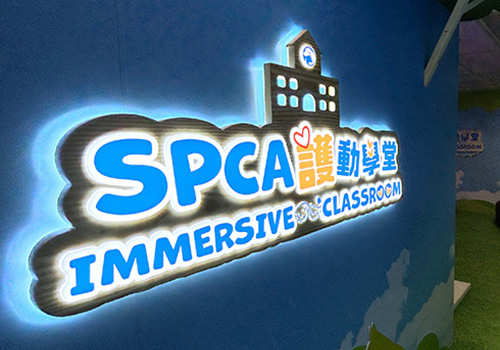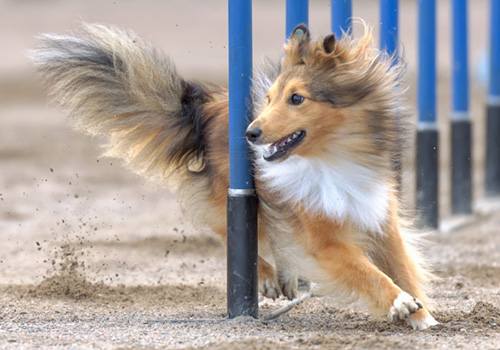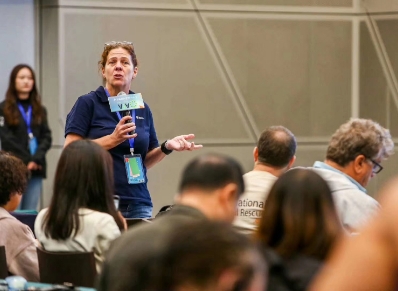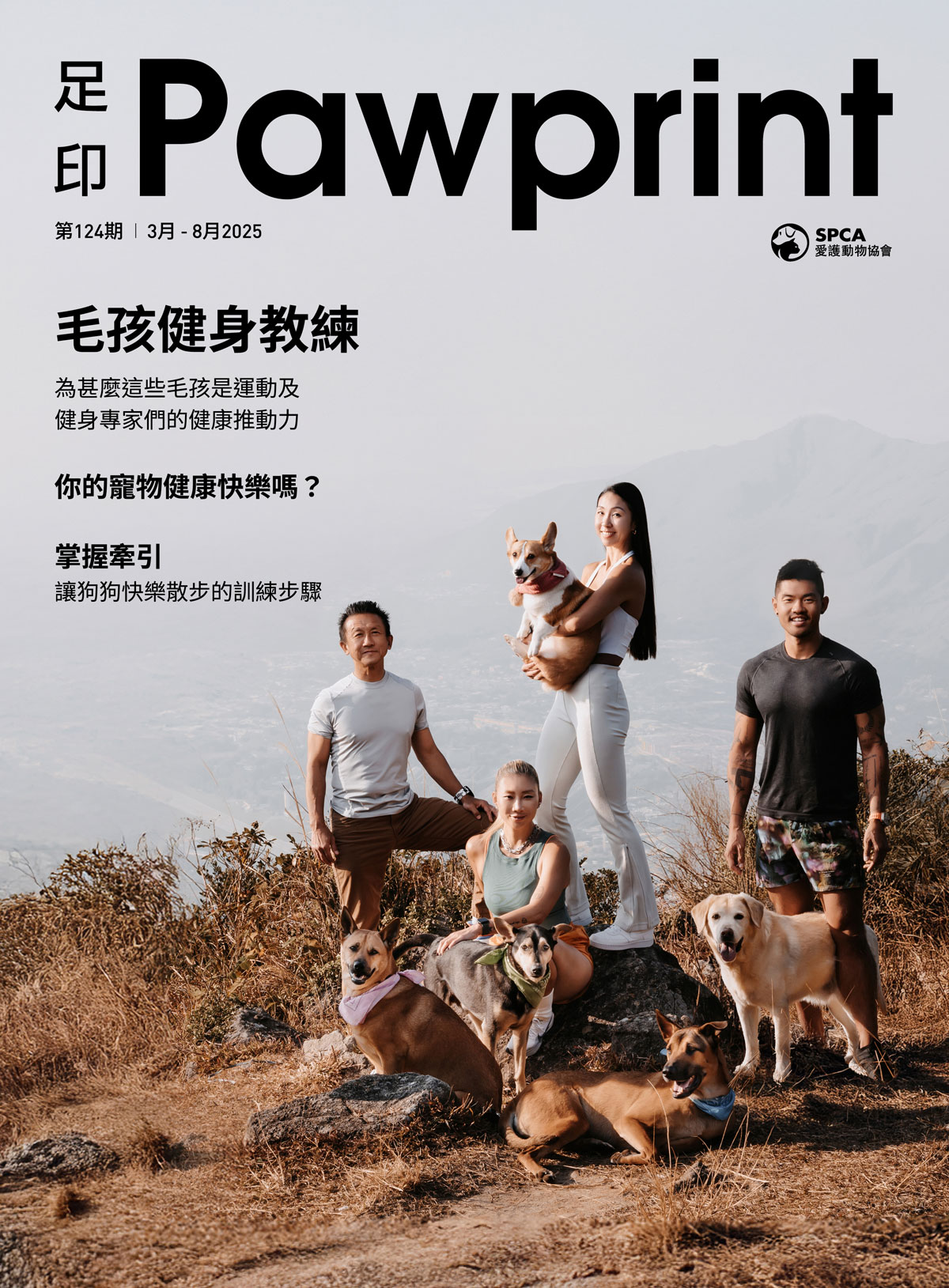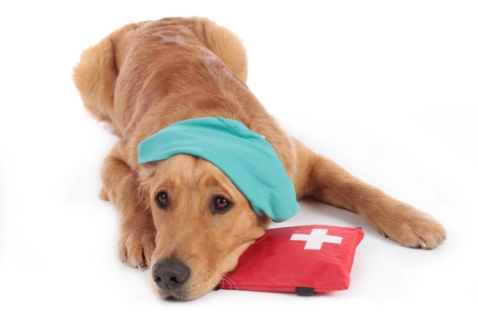Community Dog Programme
In 2005, we expanded our animal birth control programmes, setting up the Community Dog Programme to better address the issue of dog overpopulation.
The programme is designed to promote responsible dog ownership, improve dog welfare and control the population of Hong Kong’s irresponsibly-owned and unowned roaming dogs.
How Does the Programme Work?
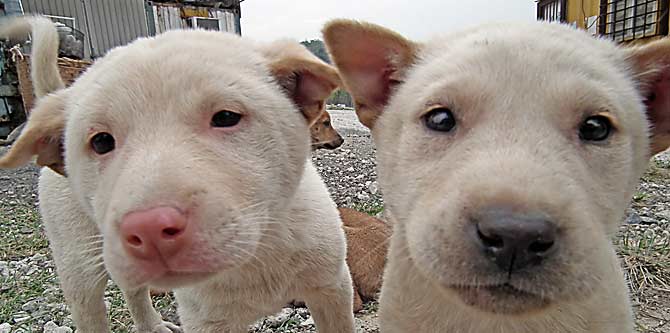
Our work focuses on two populations of dogs:
- loosely-owned animals such as village dogs and construction site dogs; and
- unowned, roaming dogs which are semi- or truly feral.
1. Loosely-owned Dogs
These animals are fed regularly by people living or working in an area. As a result, they can be friendly but roam freely around their territory. No-ones takes proper responsibility for the dogs so they tend not to be desexed, licensed, microchipped or vaccinated against rabies. They can also reproduce with success because they have access to food and shelter.
Village dogs – a common site in Hong Kong – are an example of loosely-owned animals. They are well known to villagers and regular visitors, often having pet names. Some are abandoned ex-pets who were left behind when their owners moved out of the village and have been ”adopted” by people in the community. Some are properly owned dogs that are kept in a “loose” and somewhat irresponsible manner.
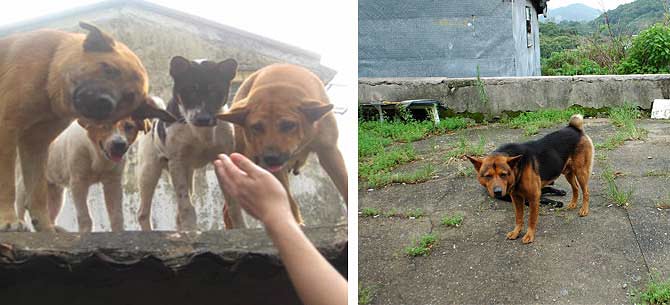
Construction site dogs are used to guard work or construction sites and are usually fed by workers onsite. They are seldom desexed or microchipped and are often abandoned after construction is completed. As a result they and any offspring become part of the unowned roaming dog population in the area. The practice of keeping dogs on sites was regulated in 2006 when the AFCD introduced a Code of Practice but it has not eradicated the abandonment of the animals.
Our Inspectors and the Community Dog Programme team identify locations with free roaming owned dogs and then educate the owners about their responsibilities. They are encouraged to take proper responsibility for their dogs by desexing them and licensing them in accordance with the law. For those that need it, the SPCA can also offer logistical or financial support in some cases.
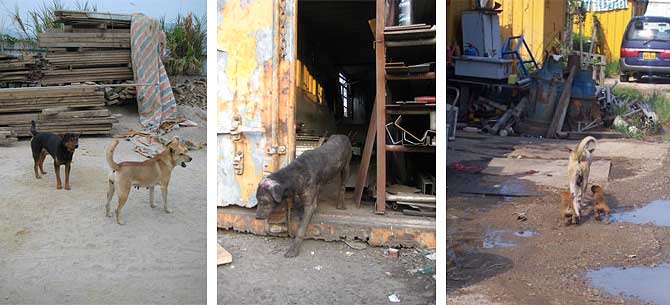
If you are caring for a group of such dogs, SPCA may be able to help desex them. Please call the Community Dog Programme Coordinator on 2232 5511 or email us at cdp@spca.org.hk
2. Unowned Roaming Dogs
There are generally two types of unowned, roaming animals: truly feral and semi-feral dogs. The former category are not fed regularly, relying on searching through rubbish. They roam freely, tending to avoid humans, and have low reproduction rates with pack populations supported by the addition of loosely-owned dogs.
These dogs tend to have very short lifespans of less than two years and puppy mortality is high.
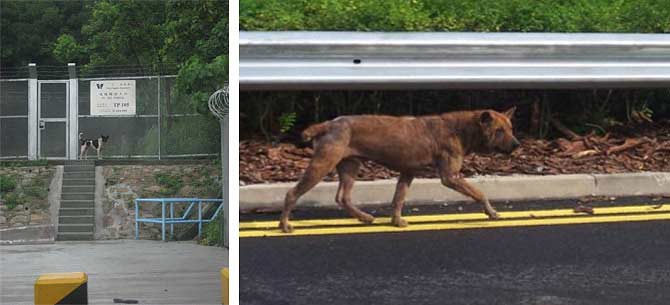
Semi-feral dogs are similar to their truly feral peers in that they roam freely, are shy and secretive, and are rarely seen around human settlements. However, they tend to be fed, albeit irregularly which means their reproduction and puppy survival rates are higher.
Since 2005, the AFCD, in collaboration with the SPCA and the Society for Abandoned Animals, have been in sustained discussion regarding the possibility of a Trap-Neuter-Return trial for the unowned roaming dogs in Hong Kong.
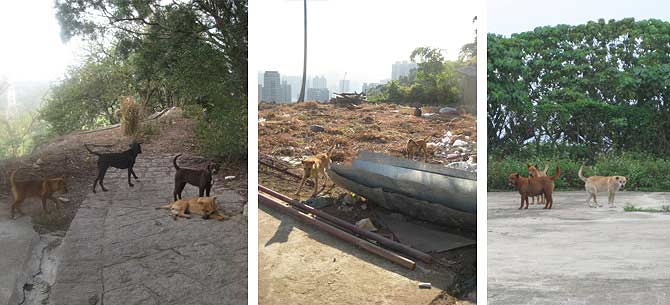
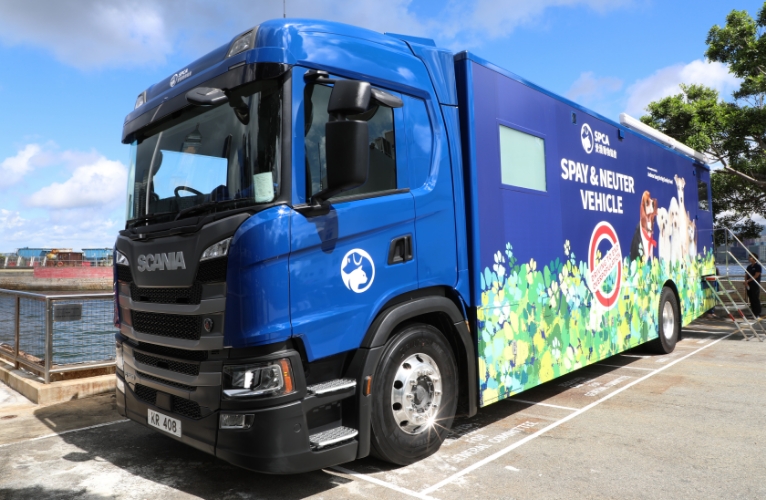
Animal Welfare Vehicle
The problem of dog and cat overpopulation is particularly prevalent in the New Territories and on many of the outlying Islands where animals are “loosely owned”, seldom desexed, and allowed to wander freely.
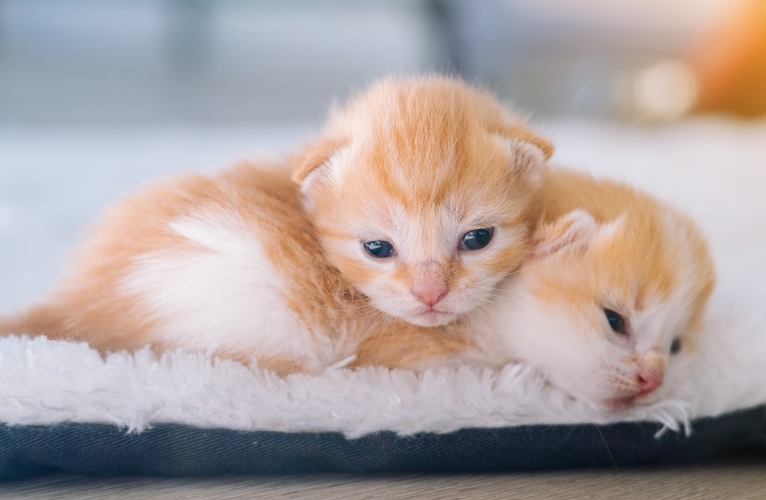
Animal Birth Control
Tens of thousands of stray or unwanted animals are born every year in Hong Kong, the offspring of abandoned or unneutered pets that are left to roam and reproduce freely. Life on the street can be tough; these animals are vulnerable to ...

Desex your Pet
Neutering is the surgical removal of part or all of an animal’s reproductive organs. In Hong Kong, neutering is sometimes called “desexing”. A more specific term for this procedure is “spaying” for female animals and “castration” for males.
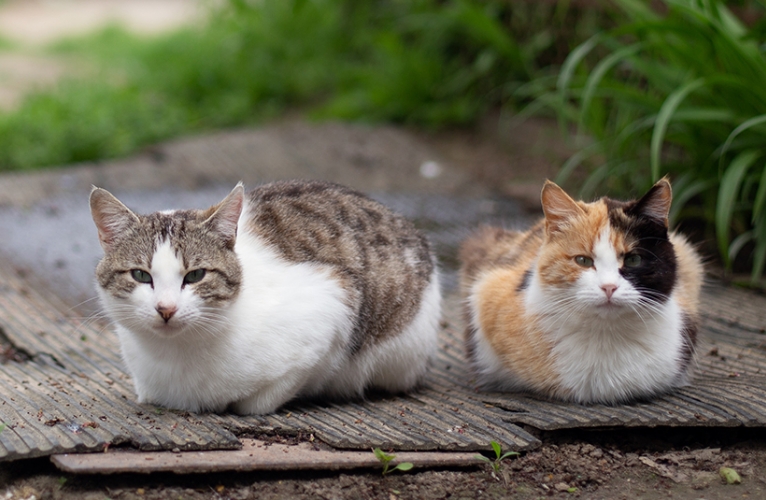
Cat Colony Care Programme
Started in August 2000, SPCA’s Cat Colony Care Programme (CCCP) was begun as a response to the increasing number of street cats in Hong Kong. It combines the SPCA’s resources with the energy of Hong Kong’s numerous cat lovers in a ...
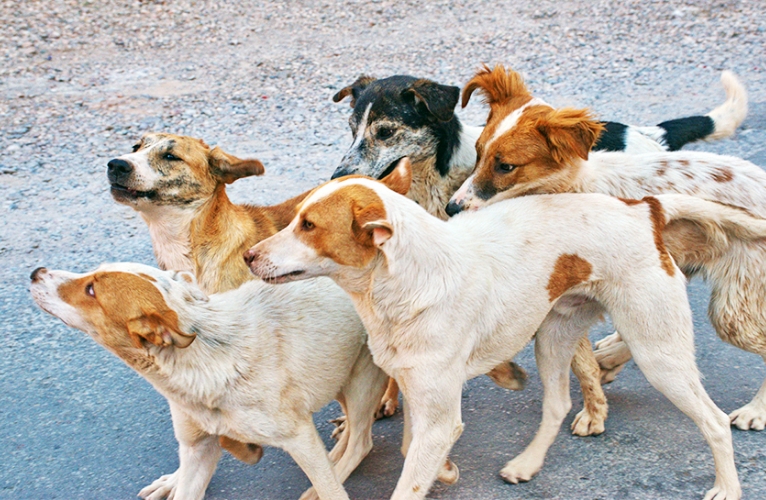
Community Dog Programme
In 2005, we expanded our animal birth control programmes, setting up the Community Dog Programme to better address the issue of dog overpopulation.
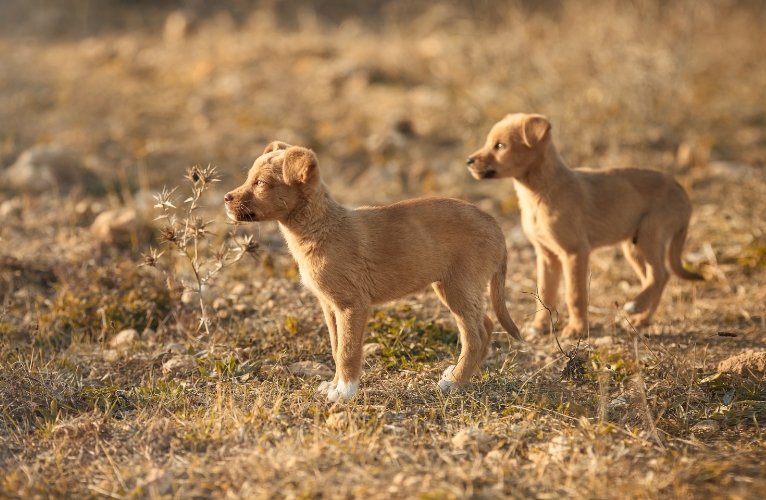
Mongrel Desexing
Many dogs can be found wandering around construction sites and villages across Hong Kong, allowed to breed freely. The dogs are vulnerable to disease, accidents and malnourishment while their puppies are often abandoned.

